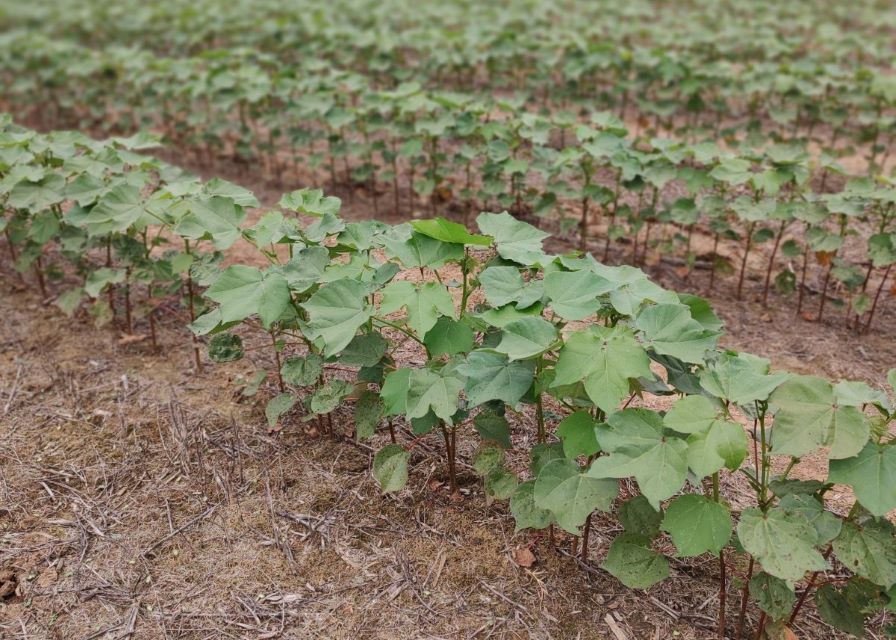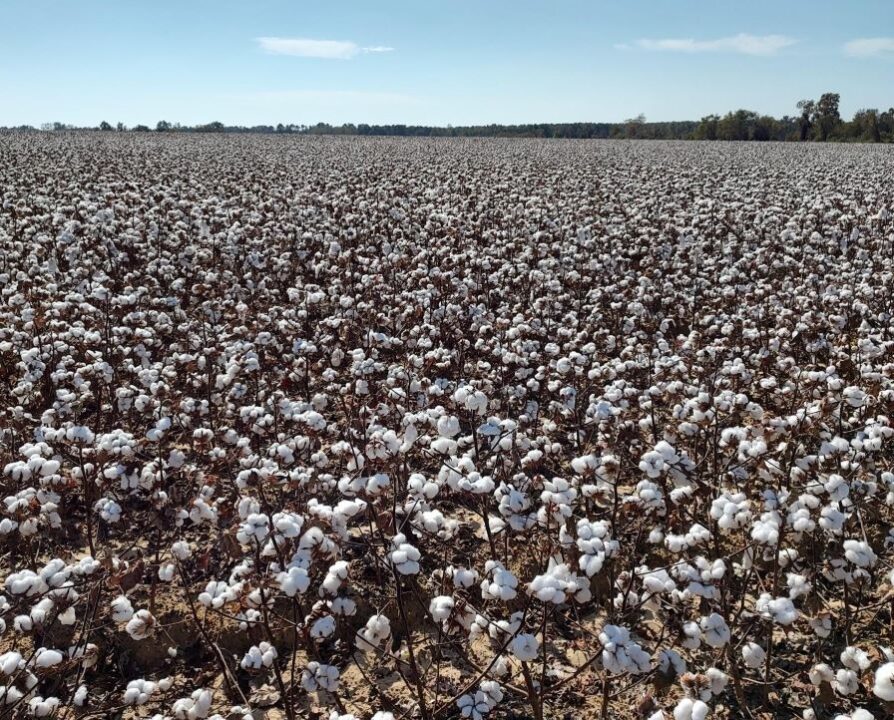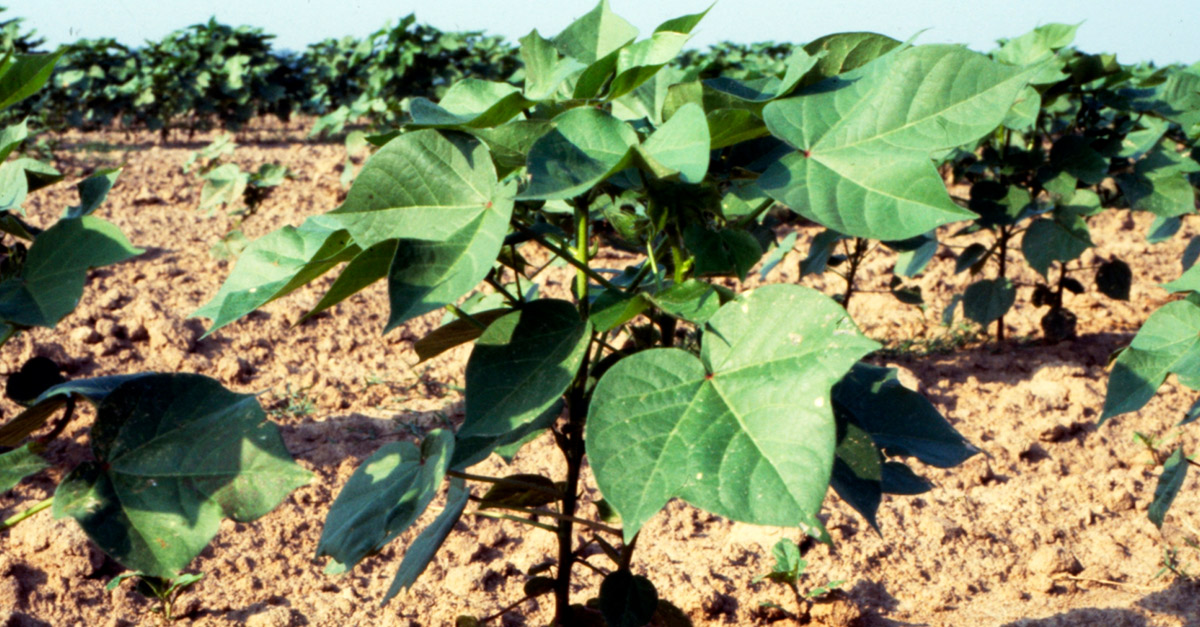A Two Pronged Approach to Weed Resistance Management

![]()
Weed resistance, especially to glyphosate, is a real and growing threat to U.S. agriculture. And in North Carolina, this threat is already a stark reality. Per a study published in the Journal of Cotton Science,it is conservatively estimated that glyphosate-resistant Palmer amaranth occurred on at least 185,000 acres in North Carolina in 2008 and infests 22 counties including Pitt, home to Crop Consultant Charles Rogister of Crop Production Services.
Rogister became concerned a few years back when he noticed glyphosate wasn’t providing the level of control it once had on tough weeds like Palmer amaranth. He started researching the issue and consulted with his county extension agent, Sam Uzzell. In 2007, Uzzell invited Alan York, former North Carolina State University William Neal Reynolds Professor of Crop Science and Extension Specialist, to speak at a county grower meeting. York discussed the impact weed resistance was already having on the region and how that impact would escalate unless preventive measures were taken.
“At that meeting, York hit home the fact that we need to take care of the problem now before it gets worse. I think his warnings really opened the eyes of some growers in this area and helped to get the point across that we needed to take action,” said Rogister.
Keys to Success
Rogister stresses to his customers that there are two key components in managing resistance. One of those is alternate mode of action. “Growers need to change up the mode of action, not just the brand,” said Rogister.
The second component to weed management for Rogister is to be timely with herbicide applications. “Resistant or not, if you spray pigweeds that are too large, nothing is going to work like it’s supposed to,” said Rogister. “It is so important to control weeds early, when they are small.”
Pre-emergence, residual herbicides help control weeds early in the season to protect crop yield potential, even in glyphosate-tolerant crops. And, these herbicides provide other modes of action besides glyphosate.
“When weeds are sprayed with a single herbicide mode of action again and again, then those plants that tolerate that herbicide are selected and enrich the following generation with genes that can tolerate the herbicide. Once a weed population develops resistance, they ‘remember’ they are resistant,” said Chuck Foresman, manager of weed resistance strategies for Syngenta Crop Protection, Inc. “Rotating crops and using more than one mode of action for weed control reduces the chances for resistance to develop. And, if a weed is resistant to one mode of action, another mode of action may control it.”
Building a Strategy
Growers need to be prepared to fight glyphosate resistance with the tools they currently have available, according to Foresman. “Unfortunately, some believe that chemical companies are going to develop a new herbicide mode of action to alleviate glyphosate resistance before it becomes a bigger problem,” said Foresman. “But if we found a new mode of action today, it would take at least ten years to get it to market. We need to be looking at the herbicide programs and strategies available today, and make the best use of those tools.”
Rogister evaluated the tools available and developed a weed management strategy that has helped growers in his region combat this issue.
“For cotton, we went with glyphosate and 2,4-D at burndown and then came back with Reflex herbicide broadcasted behind the planter,” said Rogister. “I recommend that everybody broadcast since we have such a problem with these pigweeds. We applied glyphosate and Dual Magnum herbicide in the first over-the-top application.”
Rogister plans to continue these recommendations for the 2009 season based on the successes his customers have had in both controlling resistant weeds and minimizing the spread of resistance. As a true pioneer in the implementation of weed resistance management strategies in eastern North Carolina, Rogister has inspired many growers in the region to take the steps necessary to manage resistance and protect yields.









